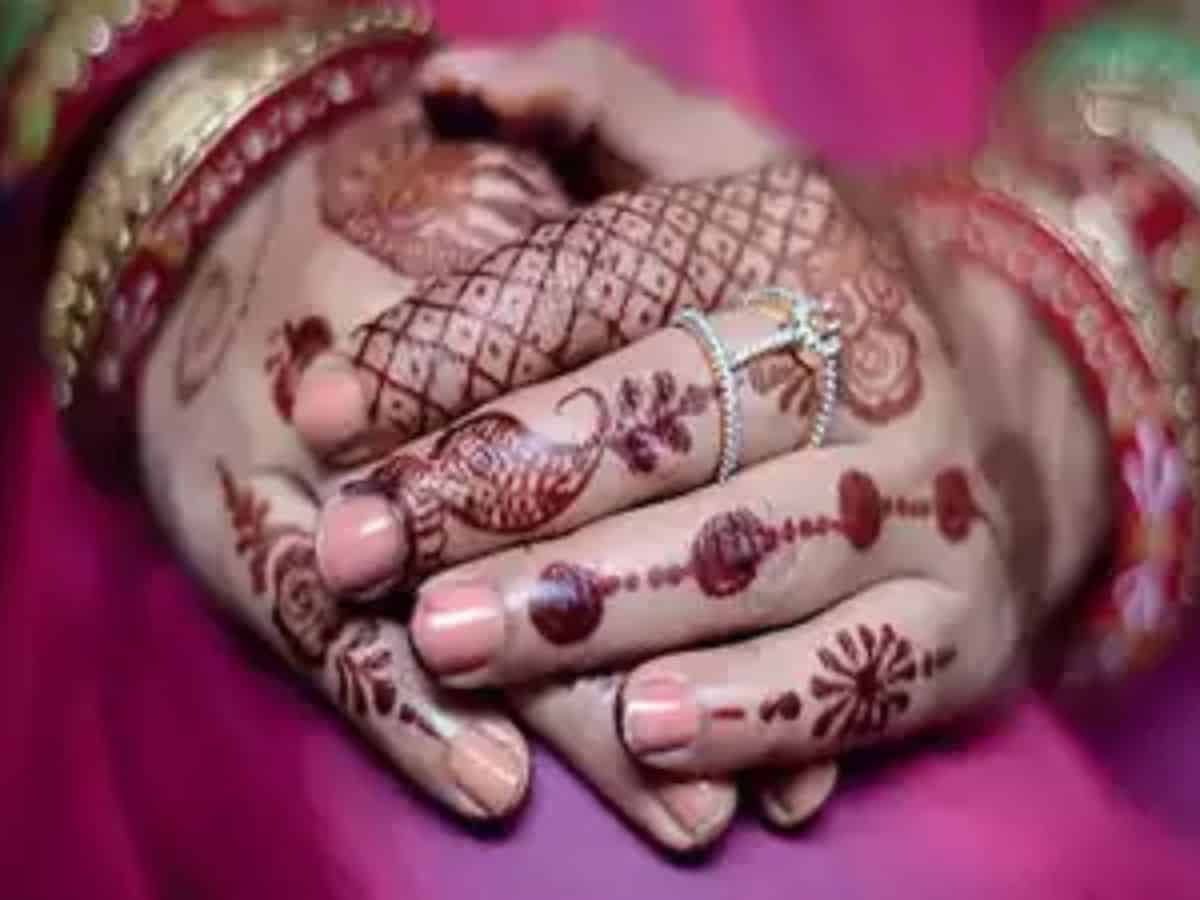
By Zafar Siddiqui
Hyderabad: Weddings in the city have transformed dramatically over the years, moving from simple, elegant affairs to extravagant spectacles that are now a public health and cultural crisis.
Growing up, the excitement of attending weddings was palpable. The dulha’s (groom) arrival in a red Impala, band-baja in tow, was a highlight for neighbourhoods that treated these processions as late-night entertainment.
Invitations to the Walima (wedding reception) were a coveted prize, and while the nikah (Muslim wedding) was punctual and efficient, the real indulgence was a plate of biscuits, chai, and the rare treat of ice cream. Guests sat on chowkis, their manners intact, patiently waiting for their turn to dine.
The moderation and decorum were a hallmark of Hyderabadi tahzeeb, where food was consumed with respect, and no one left the table until the last person finished their meal.
Fast forward to the present, and these once simple gatherings have mutated into unhealthy, overindulgent spectacles.
Invitations now arrive via WhatsApp, and the advertised time is a mere suggestion — with guests arriving hours later. By 10 pm, the crowd gathers in anticipation of the meal, but what ensues is nothing short of a stampede. Guests surge into the dining area without basic courtesies, vying for a spot at the “pehla dastar,” while those left behind know they’ll be waiting another 90 minutes before they can eat.
What follows is a feeding frenzy, with tables overflowing with dishes that spell disaster for waistlines and health. The late-night bingeing on oily, sugary, and carb-loaded food is driving a quiet epidemic. Guests guzzle down excessive quantities of food, sweets, and fizzy drinks, all while gluttony takes centre stage, and the cultural grace that once defined these occasions is nowhere to be seen.
Hyderabadi weddings are now a dangerous convergence of bad health and bad manners, pumping cholesterol, sugar, and arrogance into the community. The tehzeeb we prided ourselves on has been replaced with Instagrammable spectacles. And who’s responsible? It’s not just the hosts or the caterers — it’s us. We, the attendees, have surrendered our sense of moderation and dignity for a fleeting moment of indulgence.
It’s time to rethink our weddings. Hyderabadi culture is known for its grace, hospitality, and refined etiquette, but we are now hurtling towards a future where these gatherings are no more than a health hazard. We need to reclaim our traditions before our weddings become synonymous with excess, gluttony, and cultural erosion.
Let’s lead the way with punctuality, moderation, and a focus on health. If we don’t, the next generation will inherit not the joy of these celebrations but the burden of their consequences. The time for change is now — before Hyderabadi weddings become pre-hospital visits.
